Your search 'Patination pigments' did not match any products.
Showing results using some of your search terms 'Patination pigments'
Search results for 'pigments'
-
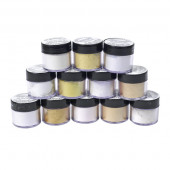
Pearl Lustre Pigments 1 kg
Starting at: £94.00
Call to Order
-
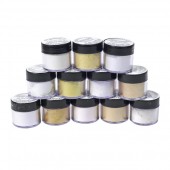
Pearl Lustre Pigments 7g
Starting at: £4.70
-
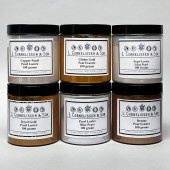
Cornelissen Pearl Lustre Pigments 100g
Starting at: £12.90
-
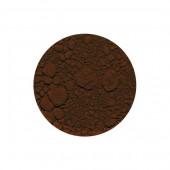
Mars Violet Pigment
Starting at: £4.50
-
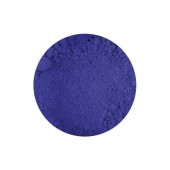
Cobalt Blue Pigment
Starting at: £6.50
-
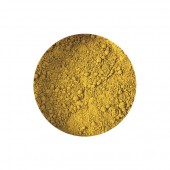
Raw Sienna Pigment
Starting at: £4.00
-
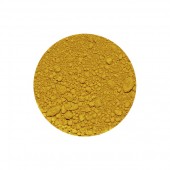
Mars Yellow Pigment
Starting at: £4.50
-
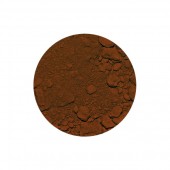
Mars Red Pigment
Starting at: £4.50
-
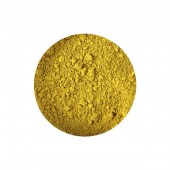
Yellow Ochre Pigment
Starting at: £4.00
-
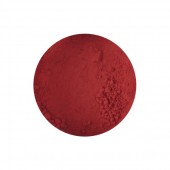
Alizarin Crimson Pigment
Starting at: £4.50
-
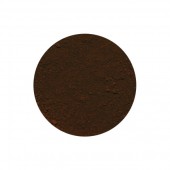
Indian Red Pigment
Starting at: £4.60
-
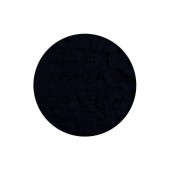
Vine Black Pigment
Starting at: £4.70
-
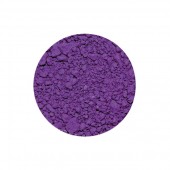
Ultramarine Violet Pigment
Starting at: £6.20
-
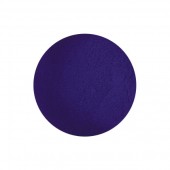
Prussian Blue Pigment
Starting at: £5.20
-
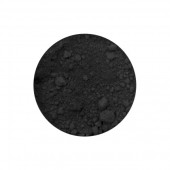
Mars Black Pigment
Starting at: £5.70
-
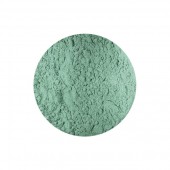
Genuine Malachite Pigment
Starting at: £14.90
-
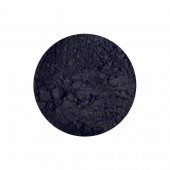
Ivory Black Pigment
Starting at: £4.50
-
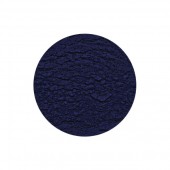
Phthalo Turquoise Pigment
Starting at: £17.00
-
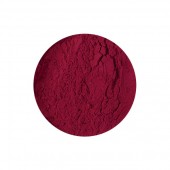
Quinacridone Magenta Pigment
Starting at: £5.50
-
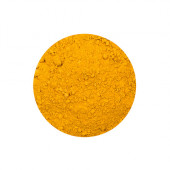
Yellow Ochre Light Pigment
Starting at: £4.96
-

Gamboge Powder
Starting at: £5.20
-
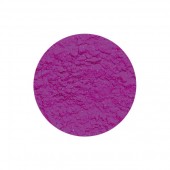
Cobalt Violet Light Pigment
Starting at: £10.00
-
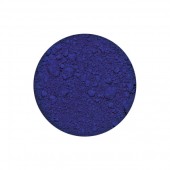
Oriental Blue Pigment
Starting at: £5.40
-
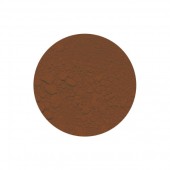
Cadmium Brown Pigment
Starting at: £10.00
-
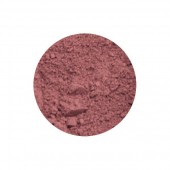
Madder Lake Genuine Pigment
Starting at: £10.20
-
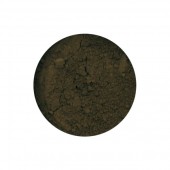
Raw Umber Greenish Pigment
Starting at: £4.80
-
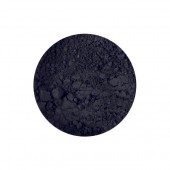
Ivory Black Genuine Pigment
Starting at: £38.00
-
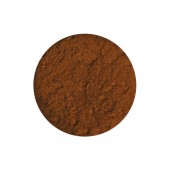
Translucent Yellow Oxide Pigment
Starting at: £7.00
-
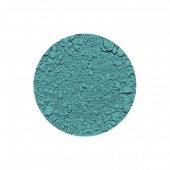
Cobalt Turquoise Pigment
Starting at: £15.00
-
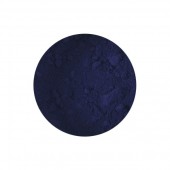
Indigo Blue Synthetic Pigment
Starting at: £5.50




